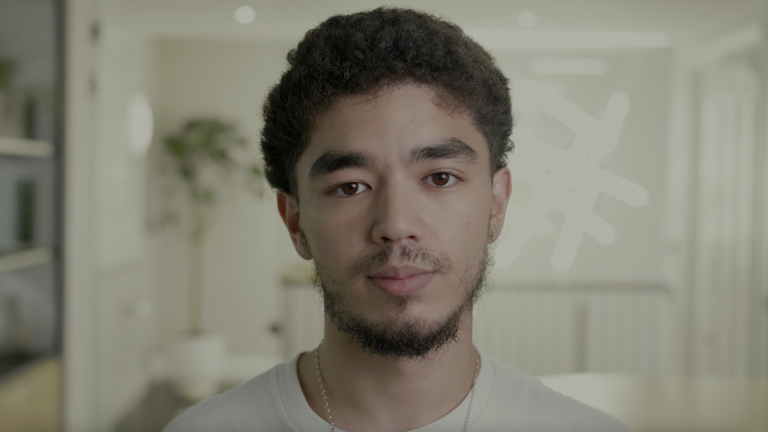Shopping Bag (0)
Your shopping bag is empty


Amplify's Creative Strategist Pippo Khalwa discusses diction at Contagious Bootcamp USA...
Diction is something we like to obsess over in the marketing world. We re-work and revisit our copy again and again in the hopes of making it as captivating and, nowadays, as inclusive as possible. But in diction, the context can be as important as the words themselves, and we can never truly understand the complexities of context unless we as agencies are representative of the audiences we are talking to.
A recent study by the 4As highlighted only 5.8% African American representation across US agencies. Couple this lack of diversity with a compulsion to be 'woke' and you risk causing more harm than good.
In 2020, for instance, in response to the growing BLM movement, many companies removed the word ‘urban’ from their diction, with Republic Records and the Grammys leading the way in this act of solidarity. Artists have been calling for this change for decades. The word puts black artists in the same category, regardless of the music they make, and is reductive.
However, many called for the word ‘urban’ to be replaced with the word ‘black’, as a solution. But the black experience varies hugely from continent to continent, and the culture in a West African country differs massively from, say, that of a Caribbean country. So is using the word ‘black’ any less reductive? Or have we simply kicked the can a little further down the road?
In some instances, this desire to do what is perceived as the right thing can actually make matters worse.
Michelle Davis and Matt Holloway, for instance, two white people, created an online platform in 2012 called Thug Kitchen, sharing easy to cook vegan recipes through slang heavy and explicit posts. After the killing of George Floyd, however, they became nervous about how it looks for them to be using the word ‘thug’. After a frantic announcement, they rebranded the entire platform under the name Bad Manners.
In the pursuit of progression, however, this was a regressive move. They suggested that the word ‘thug’ carries racial connotations which they wanted to avoid, and apologised for having previously used it. But the word ‘thug’ is simply defined as a violent criminal. So by assuming those connotations exist and trying to avoid offence, the owners made an offensive assumption and exposed their own ignorance.
A desire to be anti racist and more inclusive is an admirable one.
But, without the right representation in creative teams - this runs the risk of the solution being worse than the problem itself.
Yes, care must be taken when choosing your words, but without understanding the nuance and context in the same way, we can end up displaying ignorance. And there’s nothing worse than being so intent on achieving wokeness that you end up demonstrating how asleep you really are.
Pippo Khalwa, Creative Strategist at Amplify